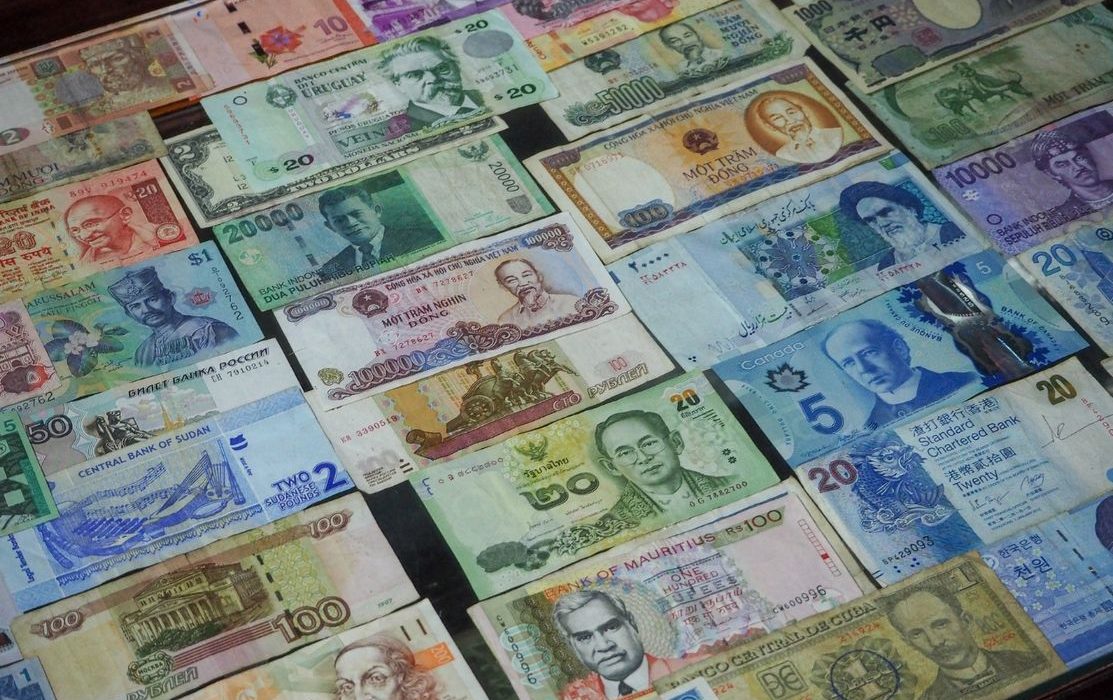On Monday, most Asian currencies experienced a decline while the US dollar saw a rise in value. The reason for this is the markets’ anticipation of the Federal Reserve’s meeting this week. As a result, market sentiment remains edgy despite the measures taken by governments to alleviate concerns.
The current economic climate has contributed to the instability of Asian currencies. A banking crisis that began in China has spread to other countries in the region, including India, Indonesia, and Malaysia. This crisis has caused investors to become wary of emerging markets, and as a result, they have been pulling their money out of the region.
The Federal Reserve’s meeting this week is significant because it could result in an increase in interest rates, which would lead to a further decline in Asian currencies. This decline would be detrimental to countries that rely on exports to drive their economies, such as China, South Korea, and Taiwan.
Governments in the affected countries have attempted to mitigate the effects of the banking crisis by injecting liquidity into the market. For example, China has made funds available to banks to ensure that they have enough cash on hand to meet their obligations. India has also provided liquidity to its banks, while Indonesia has lowered its reserve requirement for banks.
Despite these measures, the situation remains precarious. Investors are still pulling out of the region, and fears of a banking crisis persist. The current economic climate has caused some analysts to suggest that we could be on the cusp of another financial crisis.
In response to these concerns, governments are taking steps to increase transparency in their banking systems. For example, the Indonesian government has announced that it will publish regular reports on the health of its banks. India has also introduced a new bankruptcy code that will make it easier for companies to go bankrupt, which will hopefully reduce the number of bad loans on banks’ balance sheets.
The banking crisis in Asia has implications beyond the region. As investors pull their money out of emerging markets, they are putting pressure on the US dollar. This pressure could lead to an increase in the value of the dollar, which could hurt US exporters. Additionally, as the crisis persists, it could lead to a broader economic slowdown, which would affect all countries, not just those in Asia.
In conclusion, the decline of Asian currencies and the fear of a banking crisis are significant issues that need to be addressed. The measures taken by governments so far have helped to alleviate some concerns, but the situation remains precarious. The upcoming Federal Reserve meeting will have significant implications for the region, and investors are watching closely. Governments must continue to work to increase transparency in their banking systems and take steps to mitigate the effects of the crisis. By doing so, they can help to stabilize their economies and prevent the crisis from spreading further.










